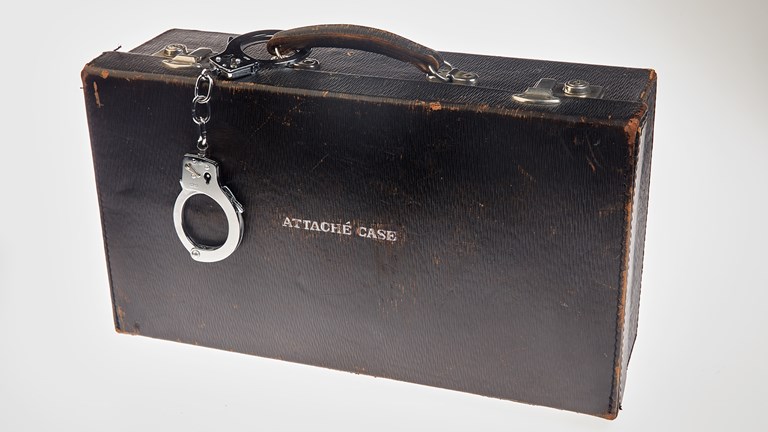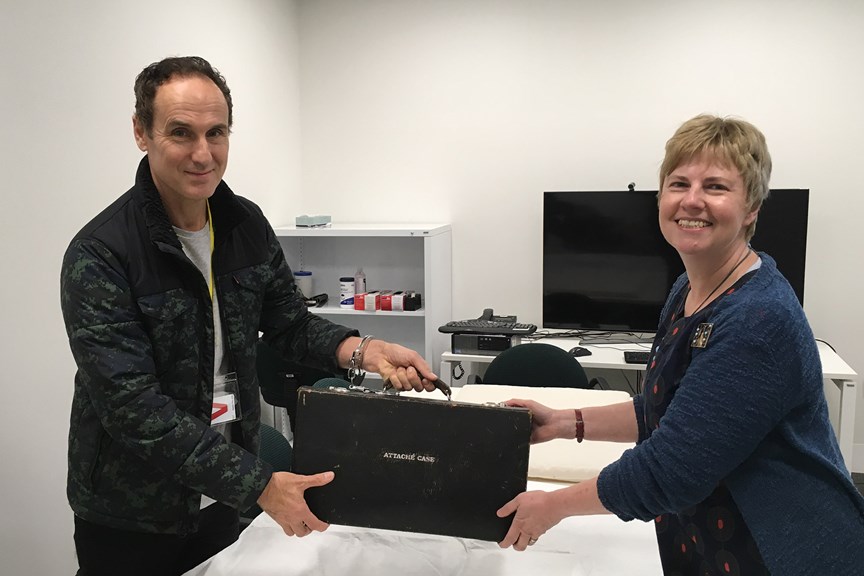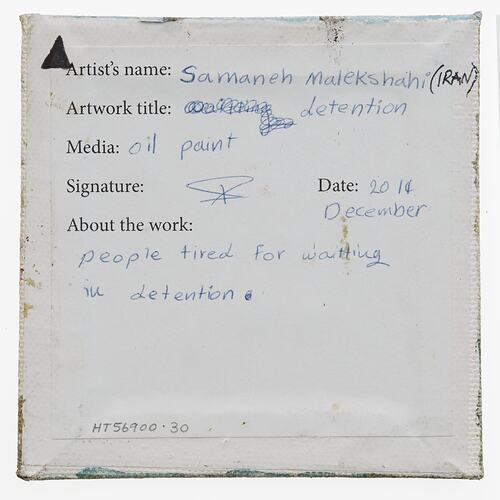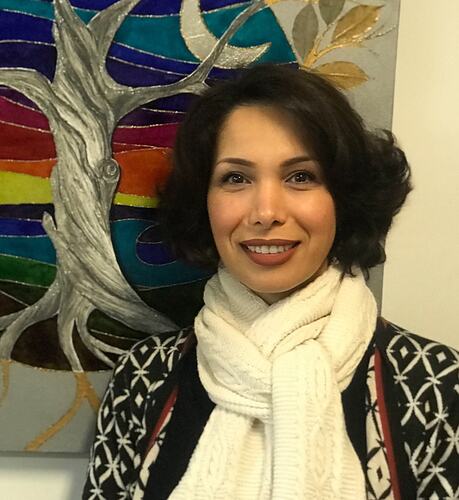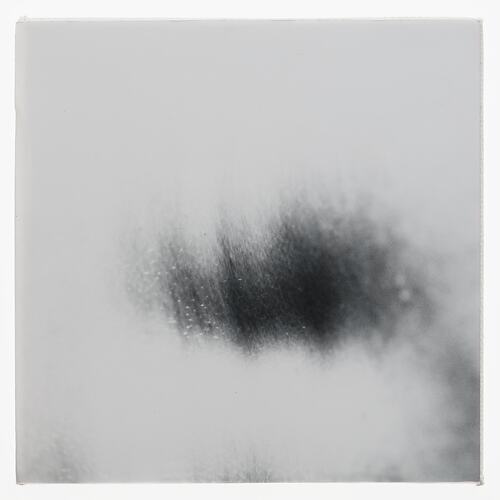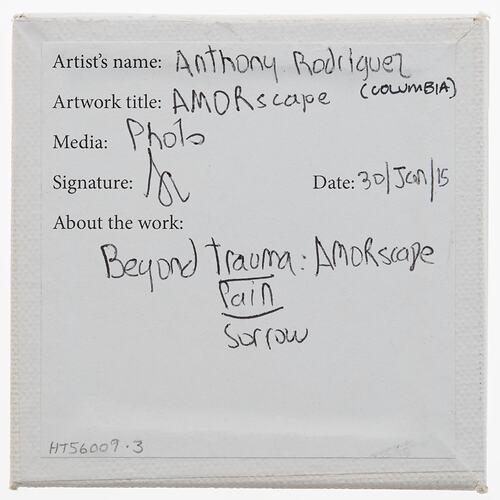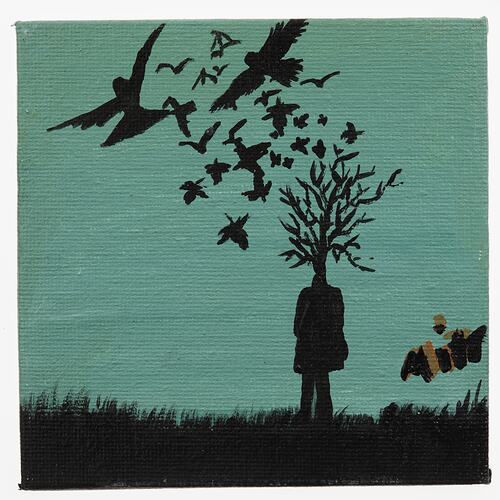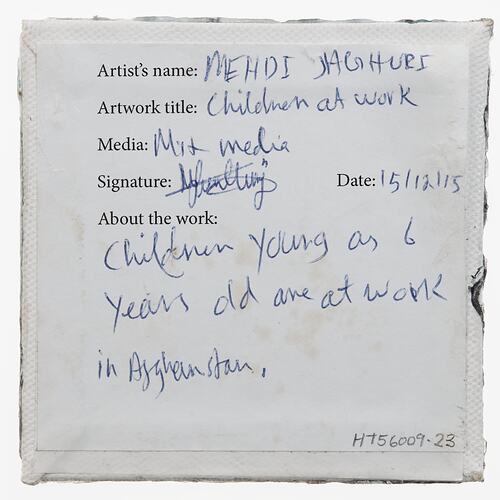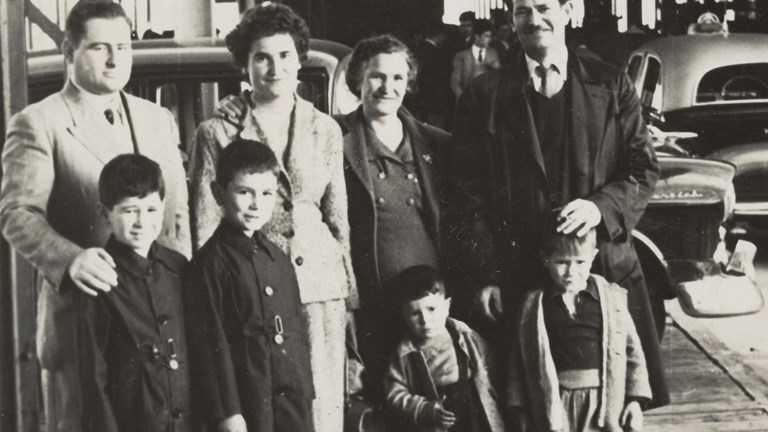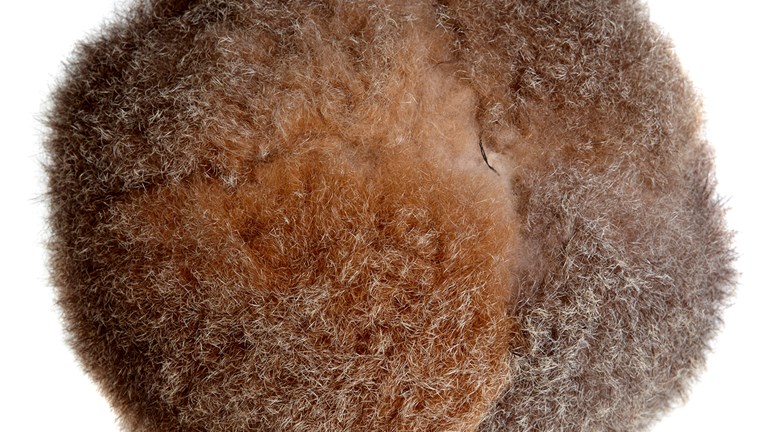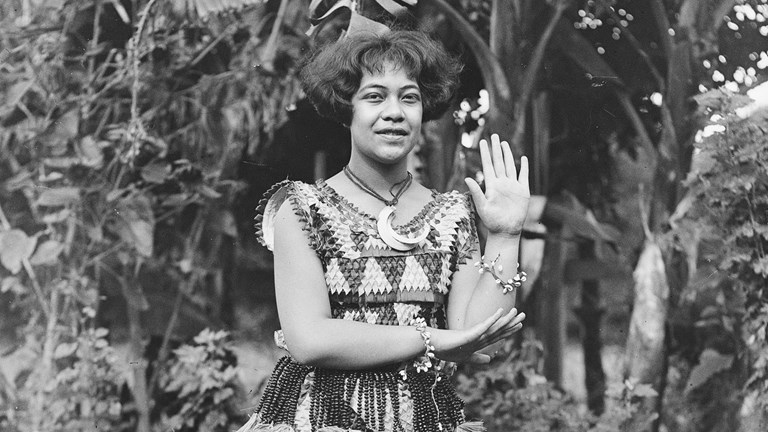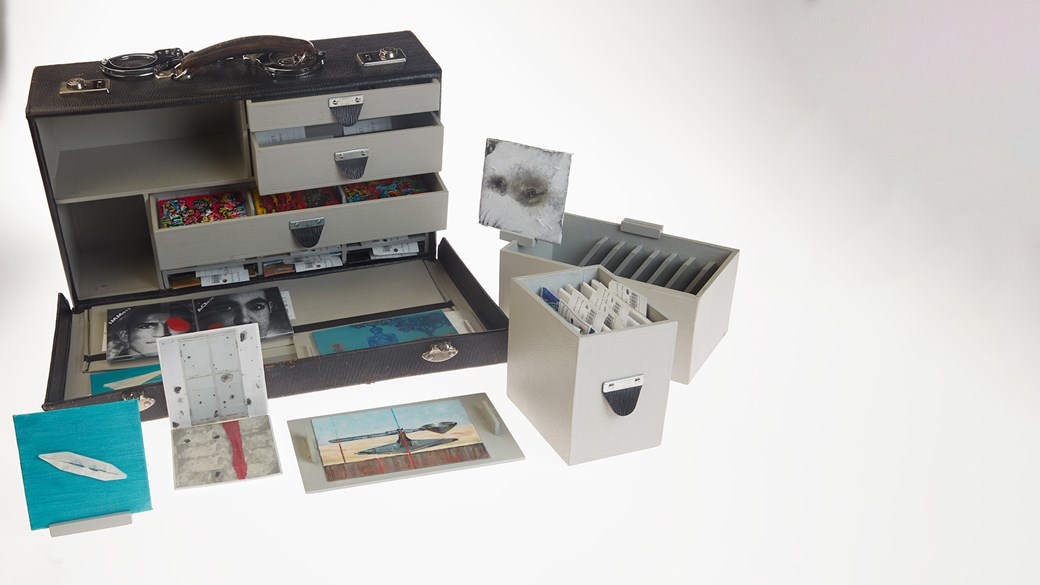
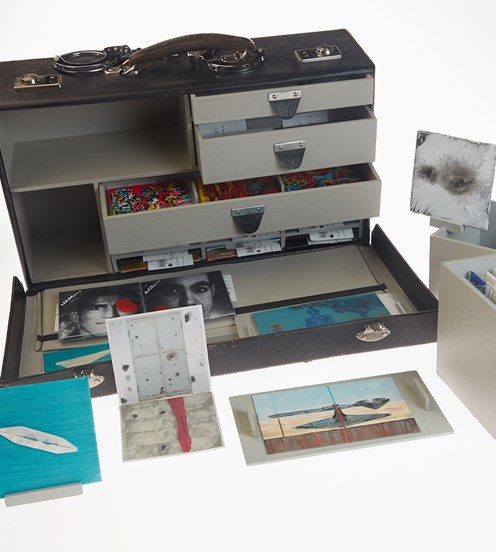
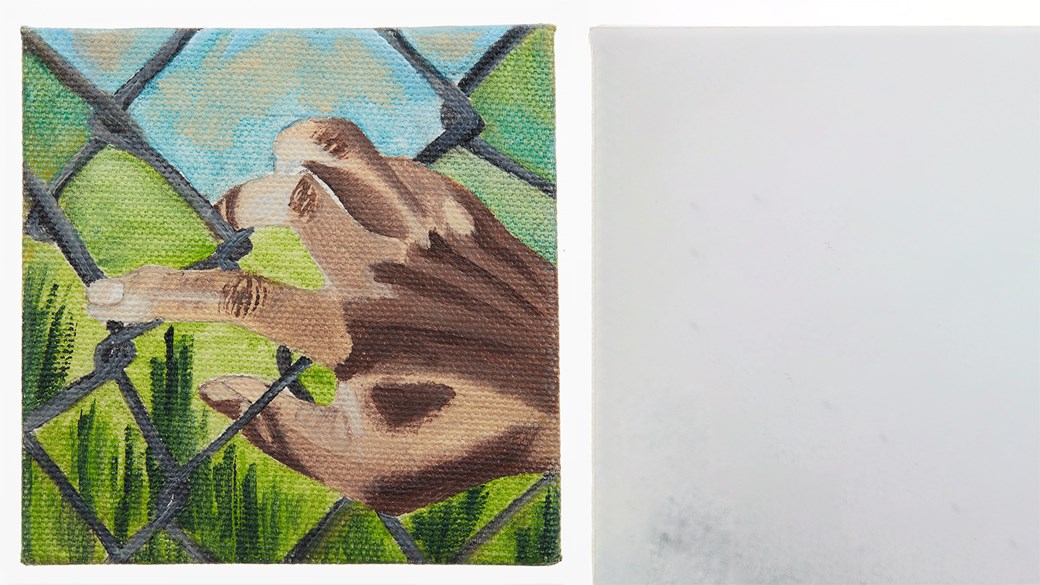
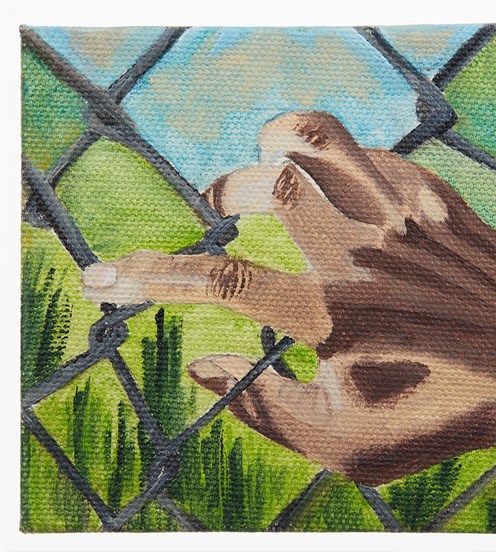
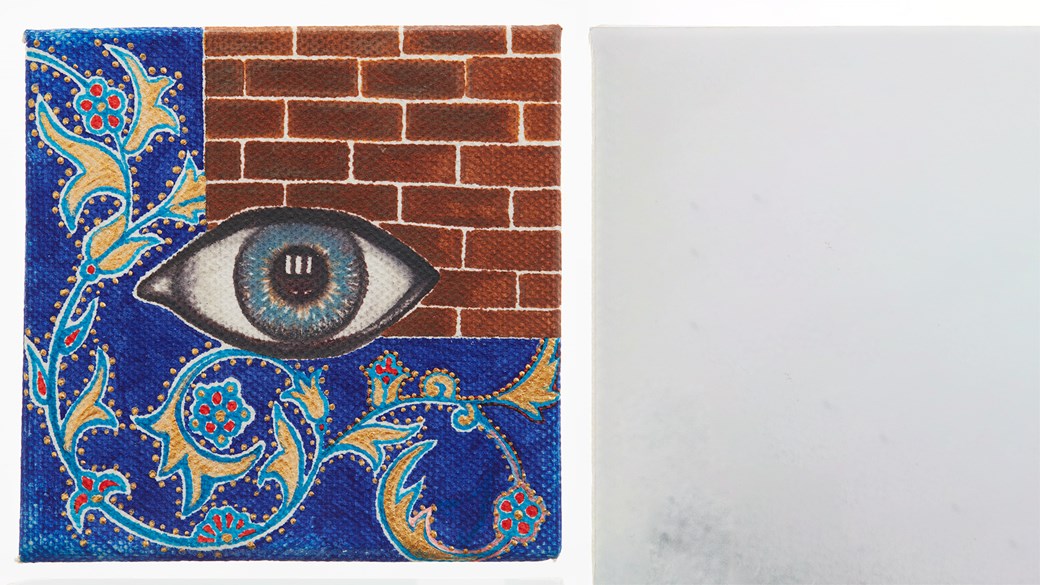
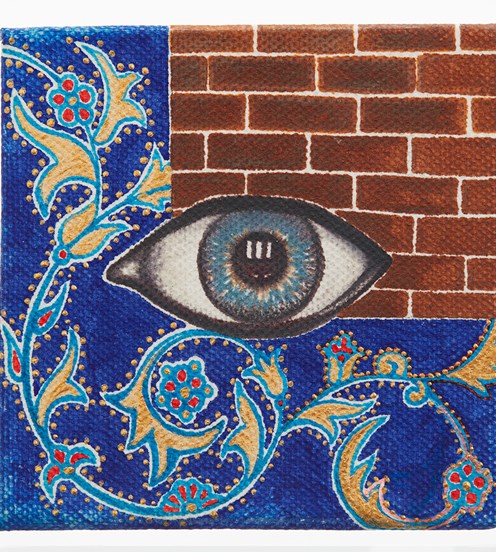
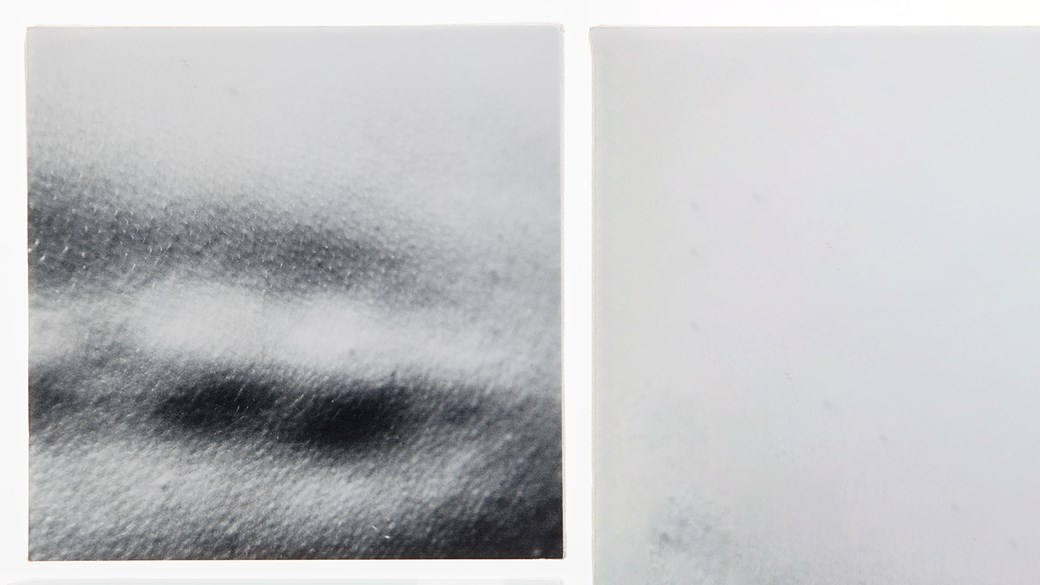
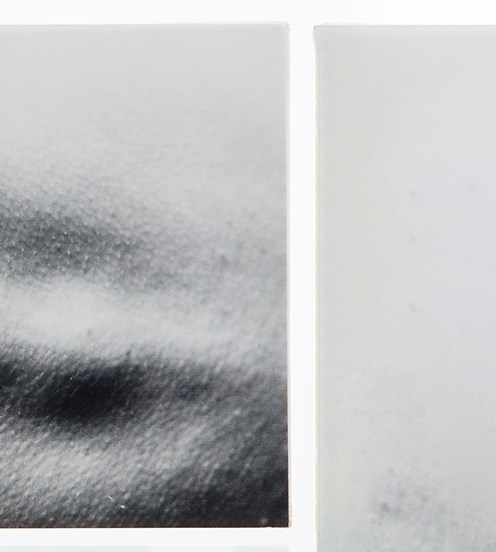
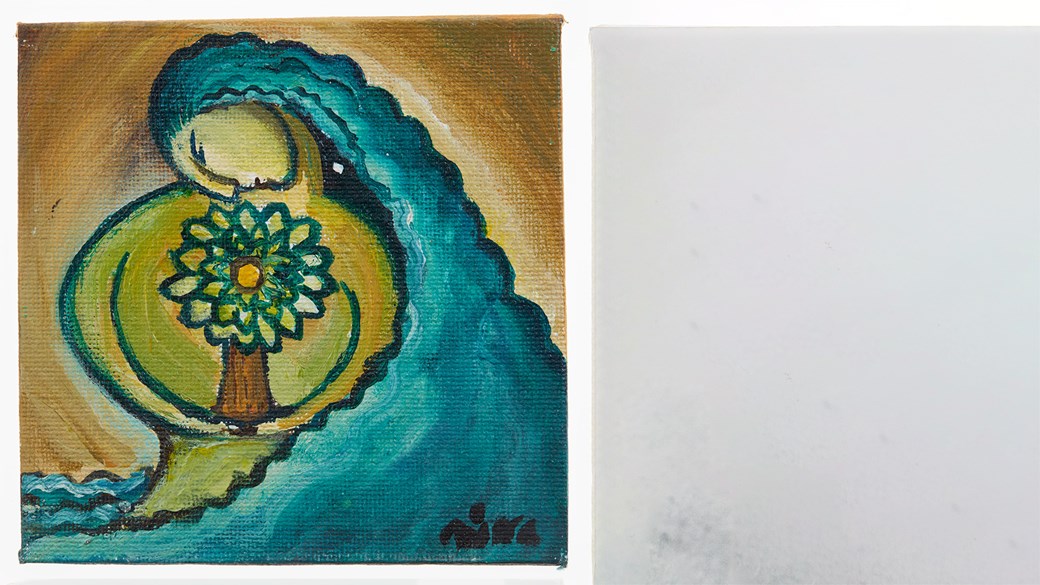
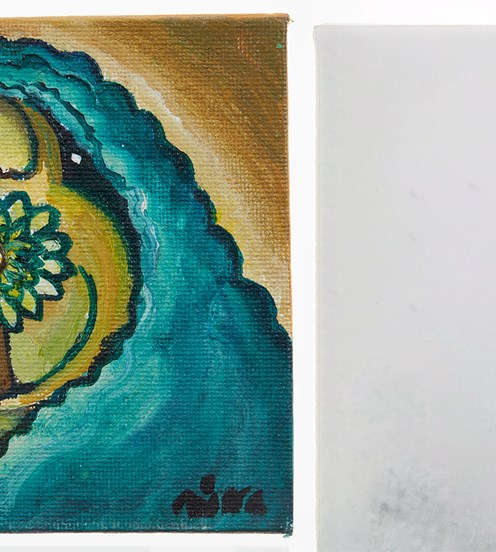
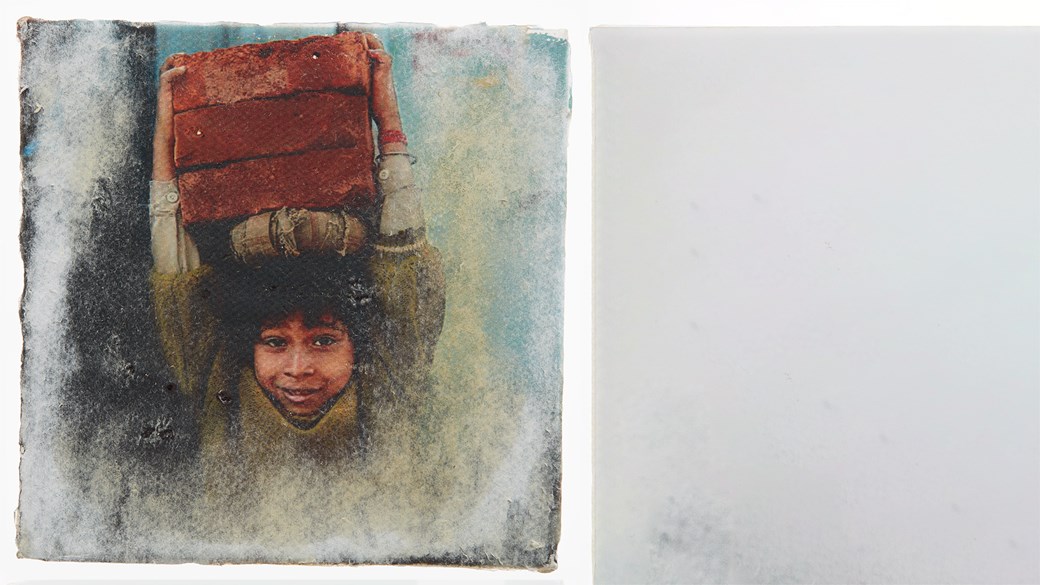
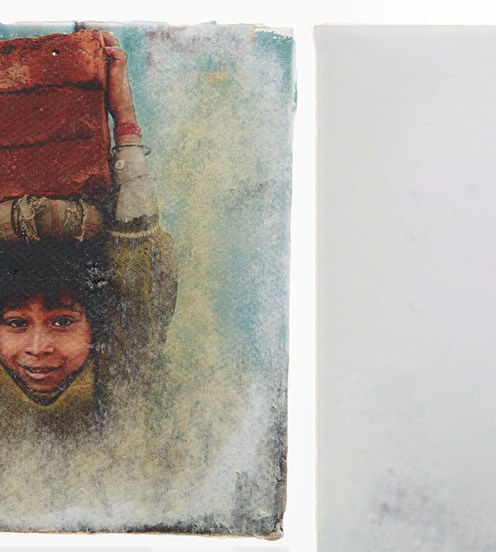
Created by Melbourne-based artist Peter Burke, Attaché Case is a collection of artworks created by those with lived experience of being refugees and asylum seekers.
It began in 2014, when Peter received a suspicious looking email that asked, ‘Are you the briefcase artist?’
It was the Spanish Embassy in Canberra, asking him to contribute to an international touring exhibition.
‘I started to think about what an attaché case was,’ says Peter.
‘All I could think about was the movies with the attaché cases—all those really classic ones like Dick Tracy or James Bond.
‘They always had some sort of magical power…in these movies they could do these amazing things.’
But there was another real-world angle that Peter was keen to explore.
‘They could go over borders; they could go into places without permission; they could take secret documents and confidential things,’ he explains.
‘I was thinking about all the privileges that carrying a case like that has.
‘Then I started to think about who doesn’t have those privileges and that led me to inviting asylum seekers and refugees living in Melbourne to participate in this work.’
Peter sourced a 1940s doctor’s briefcase from a family member, along with dozens of small, blank canvases to fill it.
‘I reached out to Melbourne Artists For Asylum Seekers,’ he says.
With their help, he enlisted refugees and asylum seekers in the community and the Melbourne Immigration Detention Centre to create the artworks.
‘I asked them to address their refugee experience, and a lot of the artists did write little notes on the back of their paintings.’
Zohreh Izadikia fled Iran in 2013, and was detained at the Christmas Island Detention Centre before settling in Melbourne.
‘During that 18 months in Christmas Island, art was my saviour,’ she says.
Zohreh painted everything from murals on walls to the shoes of other detainees to bring some colour to an otherwise bleak environment.
‘Small things that gave them joy and made them happy in those difficult conditions.
‘In detention, in Christmas Island, I understood the value of art,’ she says.
But when she was finally able to come to Melbourne, it was a big adjustment in language and culture.
‘Everything was very confusing and, luckily, immediately after I came to Melbourne, someone introduced me to [Melbourne Artists For Asylum Seekers],’ says Zohreh.
And it was through this group that she was introduced to Peter and the Attaché Case project.
‘I said, “Yes!” anything relating to art and painting I’m happy,’ she laughs.
‘The three pieces I did, it was my reflection of my feeling from my home country, my journey in Christmas Island, and the feeling that now I have in Melbourne.’
However, as Peter recalls, ‘Not everybody wanted to address the idea of the refugee experience’.
Anthony Rodriguez, a Colombian refugee, instead captured photographs of his partner’s back.
‘The first thing he sees in the morning when he wakes up, and that for him is what expresses hope,’ says Peter.
Peter amassed a collection of 41 miniature paintings and artworks from 21 artists of refugee backgrounds from Afghanistan, Vietnam, Poland, Colombia, Sri Lanka, Iran, Egypt and Iraq.
‘Then came another element to the project, once the works were gathered, I had to take the briefcase to Canberra to the Spanish Embassy.’
Peter had handcuffed the attaché case to his wrist and it was unlocked by the Spanish Ambassador in a small ceremony on arrival.
It then travelled the world as part of a touring exhibition, called Low-Cost Diplomatic Bag, before returning to Australia.
‘The project has had this really strange life, it’s like the unfolding pockets in this case itself,’ says Peter.
‘I thought it would just end after the travelling exhibition but it’s had another life here at the museum, which I think is really important.
‘I’m quite surprised how this project has unravelled, as some sort of platform to keep these stories of asylum seekers and refugees alive.
‘Art can be a means of communication and empowerment and has the power to create conversations and provoke change.’
Mehdi Jaghuri, a Hazara refugee from Afghanistan who created three pieces for the project, says art has given him a new life in Australia.
‘My father had to go through a lot to get us here and give us a better future,’ he says.
Mehdi’s father arrived in Australia by boat seven years before the rest of the family was able to join him.
‘In so many ways I’ve been so lucky, and I think I’m going to be in debt for the rest of my life to my father,’ Mehdi says.
‘I actually proudly said to my dad, “Dad, remember how you wanted me to become a dentist or an engineer? Look, my work is in the museum!”’
Museums Victoria acquired Attaché Case in 2019 to become part of the Victorian State Collection.
‘Attaché Case provided a rare opportunity to represent a diverse range of people, cultures, experiences, and creative expressions in one multi-faceted object,’ says Dr Moya McFadzean, Museums Victoria’s Senior Curator of Migration and Cultural Diversity.
‘These refugees and asylum seekers’ voices and concerns and personal experiences are not often publicly expressed, and more often manipulated by media and politics, or silenced in their community.’
